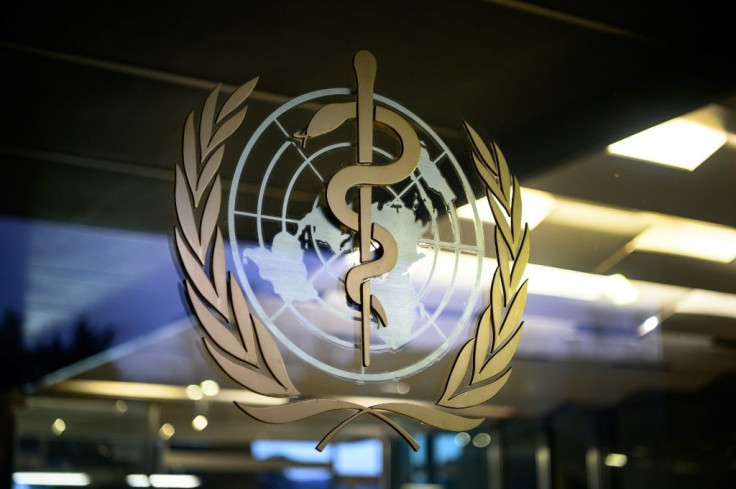WHO Chief Warns Of Pathogen 'Deadlier' Than COVID-19 Post-Pandemic

We are now in the post-pandemic era after the World Health Organization (WHO) announced on May 5 that COVID-19 should no longer be considered a public health emergency. However, new and deadlier threats could be on the horizon.
Last week, during the World Health Assembly (WHA) in Geneva, Switzerland, WHO Director-General Tedros Adhanom Ghebreyesus warned of a potential global threat that could emerge out of the blue after admitting that new COVID-19 surges could still happen as new variants circulate.
"The threat of another variant emerging that causes new surges of disease and death remains. And the threat of another pathogen emerging with even deadlier potential remains," Ghebreyesus was quoted as saying by News Medical at the meeting.
In addition, the WHO chief reminded everyone not to be complacent now that the COVID-19 pandemic is over. He told the representatives from the 194 member states at the assembly that "the end of COVID-19 as a global health emergency is not the end of COVID-19 as a global health threat."
According to Ghebreyesus, "Pandemics are far from the only threat we face." Hence, he urged everyone to strengthen their global efforts addressing emergencies of all kinds, so the world would always be prepared for newer crises.
On May 20, the WHO launched the International Pathogen Surveillance Network (IPSN) to help protect people from infectious disease threats through the help of pathogen genomics.
The program will serve as a platform for countries and regions to connect and improve their systems of collecting and analyzing samples. This would also make it possible for everyone to share new information more broadly.
"Global collaboration in pathogen genomic surveillance has been critical as the world fights COVID-19 together. IPSN builds upon this experience by creating a strong platform for partners across sectors and borders to share knowledge, tools and practices to ensure that pandemic prevention and response is innovative and robust in the future," The Rockefeller Foundation President Dr. Rajiv J. Shah said in a WHO news release.
The 76th World Health Assembly will run until May 30. Several proposals to strengthen the UN agency's response to health emergencies and pandemics are being discussed at the meeting.



























